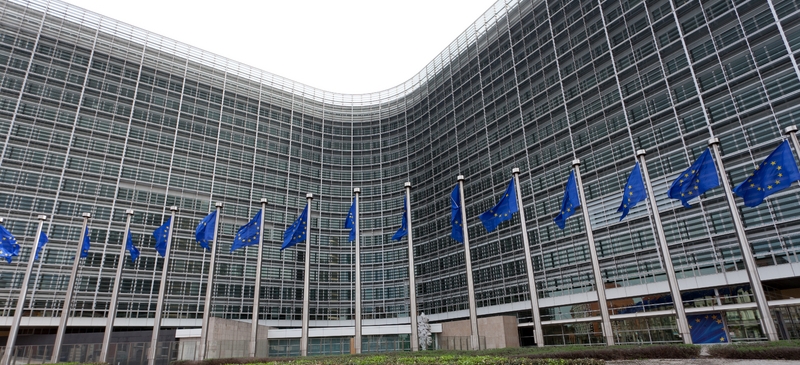
How the Irish government might save Lisbon
The financial crisis is altering political and economic fortunes everywhere. It may have yet another, unlikely, outcome: the ratification of the Lisbon treaty, rejected by Ireland in a referendum last June. Most member-states think the treaty is crucial for the future effectiveness of the EU and are unwilling to give up on its reforms. So the French government and others want the Irish government to hold a second referendum on the text, preferably before elections to the European Parliament next June.
Ireland's EU partners have long forgotten the scale of the challenge faced by the Irish government to win a second referendum on the Nice treaty in 2002, a year after voters had rejected it. One important - and overlooked - component was the general election held between the two votes. The Nice treaty issue was not prominent in the campaign. But a new government, or a renewed mandate, wipes the political slate clean and makes it easier for previous decisions to be revisited (as it did for France in 2007 after its rejection of the EU constitutional treaty).
The chances of political change helping the Lisbon treaty have increased. Ireland is faring worse than most other countries in the current economic turmoil. Burst housing and credit bubbles have placed strains on public finances. The approval ratings of the current coalition - led by the centrist Fianna Fáil party - dropped to the lowest ever recorded after it unveiled unpopular plans to cut back public services in October. With only a small majority in the Oireachtas, Ireland's parliament, the current government might collapse.
If the government falls, one likely outcome is that the parties in the parliament will form an alternative coalition, led by the largest opposition party, Fine Gael, and backed up by the Irish Labour party and others. Still, a Fine Gael-led government would have a mountain to climb to ratify the treaty. First, it would have to complete a root-and-branch reform of how EU issues are communicated to the public. This includes making clear to voters that Ireland is set to lose its automatic right to be 'represented' in the European Commission if they stick with the Nice treaty. Second, the government would have to give more control to the Oireachtas over Ireland's EU policies. Third, it would need to secure revamped promises on old thorns in Ireland's relationship with the EU, such as abortion and defence, as well as new ones like tax harmonisation and, possibly, the Charter of Fundamental Rights.
The Oireachtas may also recommend that a clause be added to the Irish constitution stating that no Irish citizen may be conscripted into the army of a foreign power, addressing a spurious but widely believed claim from the June campaign. Lastly, the chances of success would be greater if the government negotiated with EU leaders a commitment that the slimming down of the European Commission (as foreseen in the Nice and Lisbon treaties) will not happen. There will be greater opposition to this concession from other member-states than the Irish imagine. But if the government was successful, the yes side would have a stronger hand in any new campaign in Ireland.
If all these things happened in the right sequence, the government could hold and win a second referendum around September 2009. Whatever government was in power would still have to find compelling arguments to get Irish voters to go back on a perfectly legitimate decision. But a recent poll shows that voters are open to revisiting the Lisbon treaty question, if the guarantees already mentioned are provided.
The economic and political turmoil of 2008 should strengthen the pro-Europeans. The war in Georgia and the financial crisis have shown that the EU needs capable, coherent leadership more than ever. The move from the rotating presidency to a semi-permanent one, as forseen in the treaty, would make the political leadership of the EU more effective and stable. Second, the financial crisis has underlined the value of being a fully signed up EU member. Ireland's membership of the eurozone has kept it safe from the currency speculators that have plagued Denmark.
Even though the country cannot be forced to leave the EU, a second referendum would prompt unwelcome speculation over its membership at a difficult time. That could damage the prospect of economic revival. On the other hand, a yes vote would be a badly needed sign of voter confidence in Ireland's government and its place in Europe. That would be more likely if, before a new referendum is held, the present government sought a new mandate in a general election, or if an alternative coalition took over without one.
